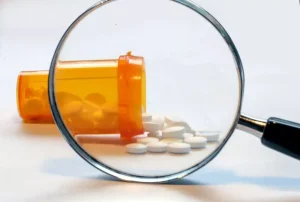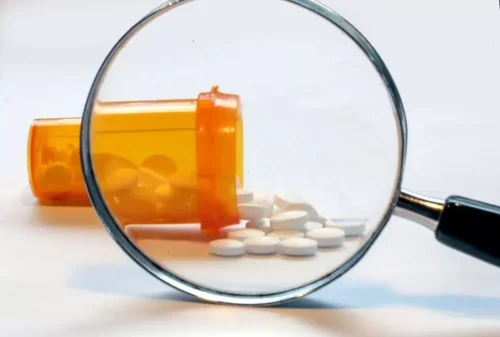
Unconscious cravings may turn into the conscious thought that the drug or alcohol is all you need to cope. Mental relapse is characterized by thoughts of using drugs or alcohol again. You may be conflicted between resisting thoughts about drugs and compulsions to use them. It is possible to rationalize the fact that if you continue to use, you might not experience the same consequences as before. It can be a single instance where someone decides to use the substance again. The importance of understanding the stages of relapse and avoiding them cannot be overstated.

Abstinence Violation Effect & Relapse Prevention
In order https://ecosoberhouse.com/ to cope or avoid these damaging thoughts, these individuals turn back to drugs or alcohol to numb the pain. Others may continue using because they believe they’ve already lost the battle. Anxiety, depression, loneliness, and irritability are all symptoms of this stage. It is inevitable that everyone will experience negative emotions at one point or another.
- Instead of continuing with recovery, AVE refers to relapsing heavily after a single violation.
- Without addressing the impact that AVE has, it can inhibit the ability to achieve recovery goals.
- Examples include denial, rationalization of why it’s okay to use (i.e. to reduce stress), and/or urges and cravings.
- The myth that we need to erase all past mistakes and start with a “blank slate” if we want to live a healthful life is dangerous because it keeps us striving for fad fitness trends rather than consistency.
Is a Relapse Dangerous?

If the person succumbs to the urge and violates their self-imposed rule, the Abstinence Violation Effect is activated. However, some people may think they have earned a drink or a night of drug use. While this might seem counterintuitive, it is a common thought that many people need to recognize if they want to avoid a relapse. While celebrating victories is important, you should also find constructive ways to acknowledge your sobriety.
Breaking Free from Self-Imploding Behaviors: Signs, Causes, and Solutions That Work
People in addiction recovery often experience drug cravings when they go through stress. Addiction rewires the brain to consider drug use an important source of reward. When you are feeling overwhelmed, your brain may unconsciously crave drugs as a way to help you feel better.
An individual may experience uncontrollable, stable attributions and feelings of the abstinence violation effect refers to shame and guilt after relapsing as a result of AVE. Through shifting attention towards positive coping skills and strategies, the impact of lapse and the intensity of the AVE can be minimized. An effective approach to maintaining motivation is reframing the lapse as a setback.

AVE describes the negative, indulgent, or self-destructive feelings and behavior people often experience after lapsing during a period of abstinence. In addition, relaxation training, time management, and having a daily schedule can be used to help clients achieve greater lifestyle balance. The myths related to substance use can be elicited by exploring the outcome expectancies as well as the cultural background of the Drug rehabilitation client. Following this a decisional matrix can be drawn where pros and cons of continuing or abstaining from substance are elicited and clients’ beliefs may be questioned6.


